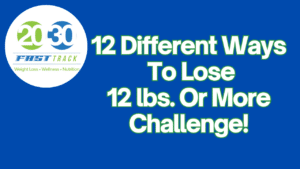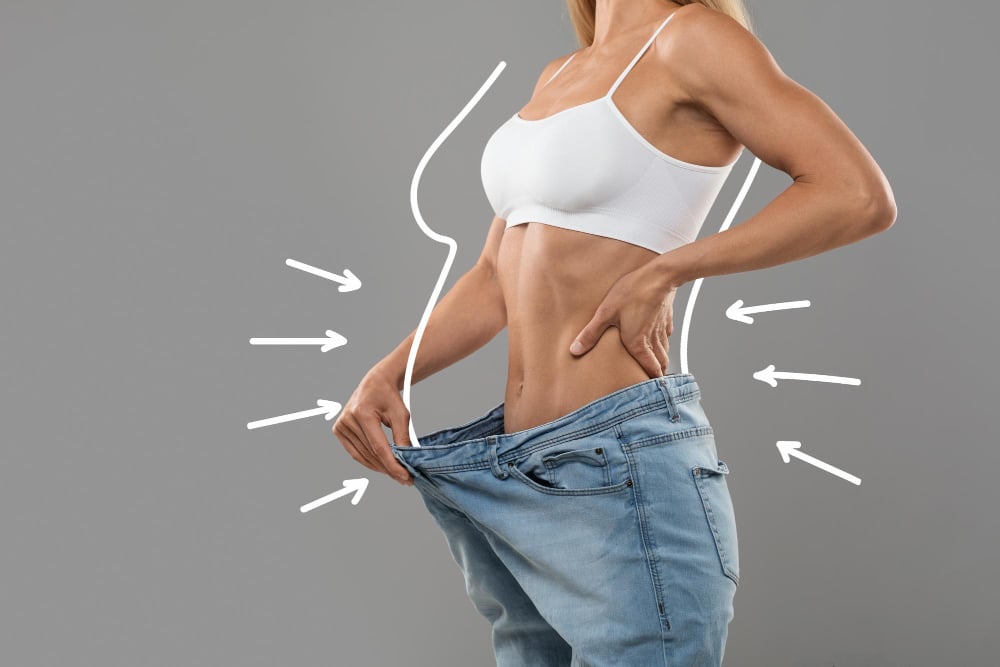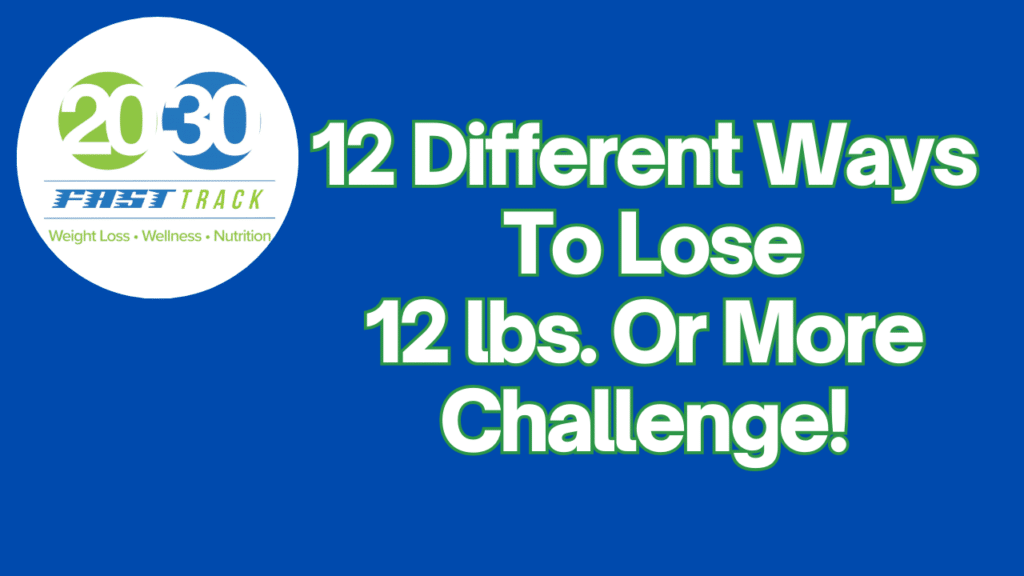Today we’re going deeper into Alarm – Adaptation – Exhaustion
DONNA: Hey there, welcome to another Healthy Conversation. So, we kind of bounce around we’re at different houses. I love that, you notice how he looks at me? He’ll look down at me and kind of grin. I’m like, “What is that?”
JOHN: I can’t even stay out of trouble keeping my mouth show. Go ahead.
DONNA: And for you men I’m sorry. For you women that completely makes sense, right?
JOHN: I’m not saying anything.
DONNA: Okay so listen I have gotten a lot of great responses. I love when something that motivates me motivates you. And I’ve had people in box me, stop me here locally here in Lima, I think John’s had a couple of people come into the store asking questions about the Selye response or the general adaptation formula. It’s really fascinated me as I’ve studied more and I’m learning it’s fascinating you too. So, with the questions I’ve gotten asked we’re going to review today Alarm – Adaptation – Exhaustion.
JOHN: Okay so what does Alarm look like? What does that mean?
DONNA: So, let’s just hone in on stress because we all deal with stress. When your body undergoes stress, and listen that can come from emotions, right? Can come from sitting there are the table not how you’re going to pay the bills and stressed out about that. Can come from a sickness. Can come from losing someone. But when you undergo stress what happens initially is your body goes into Alarm. That could look like not being able to sleep at night. That could look like digestive issues. That could look like headaches.
JOHN: Stomach aches, anything.
DONNA: Stomach aches. And the thing is you don’t usually know it because Alarm happens earlier in life. So, your body undergoes stress and let’s say you’re twenty years old and you don’t sleep that night, well what happens the next day?
JOHN: You really don’t think too much about it.
DONNA: You don’t even think about it. You wake up and go, “Oh I don’t know why I didn’t sleep last night. I’m going to have to sleep more tonight.” You don’t think anything of it. And the Alarm phase doesn’t last very long, but the thing is it could happen again. Some days, weeks, months down the road you go through another stressor, and you can’t sleep. And again you, “Gosh why I don’t know why I couldn’t. . .” You don’t put it together.
JOHN: Connect the dots, yeah.
DONNA: In the Alarm phase you don’t connect the dots. But your body’s talking to in the Alarm phase. That’s why most of us go into the Adaptation phase because we miss the Alarm phase.
JOHN: And how long does Adaptation last for?
DONNA: Listen Adaptation can last for years.
JOHN: Years?
DONNA: It usually does. Adaptation can actually last for decades and usually does. You think you’re getting away with it and it looks like you’re getting away with. But the problem is you don’t even know you’re getting away with anything. You’re undergoing more and more stress and let’s face it the bottom line with life; you get married, you have children, your career expands, you take on more financial responsibilities, more community responsibilities, you start to take care of your aging parents. So, more and more stressors come. So now your body is in adaptation mode where it looks like you’re getting away with the stress. You think you’re coping you don’t even notice.
But what’s happening is the insides of our system, the insides of our body are having issues. It’s just their kind of being camouflaged. So maybe you are looking like you’re sleeping or maybe it’s a little. . .
JOHN: So maybe the Adaptation could change then from what you’re saying?
DONNA: I think that’s true.
JOHN: Okay.
DONNA: I think that they graduate forward. Maybe it’s a little sleep issue and you don’t really notice. Maybe it becomes then some digestive issues and…
JOHN: You think it’s normal.
DONNA: You think it’s normal.
JOHN: Yeah.
DONNA: Then it moves into some inflammation and some pain. It can become foggy brain and affect your mind. The bottom line is it will in fact affect your hormones and your metabolism. So, it can keep you even from losing weight or send you into feeling like you’re going a little crazy. Adaptation really can last for decades. The problem is you think you’re getting away with the stress so you’re not giving it any attention. Eventually Exhaustion.
JOHN: And what does that look like?
DONNA: I think probably the best way to describe Exhaustion is it’s like this volcanic eruption of many symptoms.
JOHN: Final stage?
DONNA: Feeling like they’ve hit all at once when in fact they were occurring during Adaptation, right? So now you have real digestive issues. Maybe there are days you don’t go to the bathroom at all. Or in some people diarrhea really occurs as a digestive issue. Or vacillating, diarrhea, constipation.
JOHN: One day one thing and another day something else.
DONNA: And that’s an issue. Your body is not supposed to be functioning like that. Or headaches, a lot of headaches, blurry vision. Not being able to sleep is a big one. When you see that these issues are starting to occur on a regular basis, you’re in Exhaustion. Now the good news is you can reverse, but you’ve got to start listening to your body. And that’s kind of where you and I…
JOHN: You’re pretty smart. Wow.
DONNA: Well, you know I hang around with fairly smart people. Okay really smart people. You and I have been spending a lot of time about listen to your body lately, it’s kind of all we talk about.
JOHN: Yeah. It just takes different forms.
DONNA: So, the bottom line is; Alarm, Adaptation, Exhaustion and it usually starts with stress. It can come from other things as well. Putting the wrong foods in your body we know that, not exercising we know that. But the thing is if you sit at a desk all day you can start having real back issues and Alarm, Adaptation, Exhaustion will take place as well. Headaches can occur, really severe back pain can occur. And if you sit at a desk if you stand with poor posture, again lots of back pain, headaches, aches in your body. We’re going to address that in our next couple of videos. See how I did that? I just kind of segued…
JOHN: Very nice lead in.
DONNA: Segued right into the next video. So yeah, you’re pretty smart, I kind of like you. See you next time.











